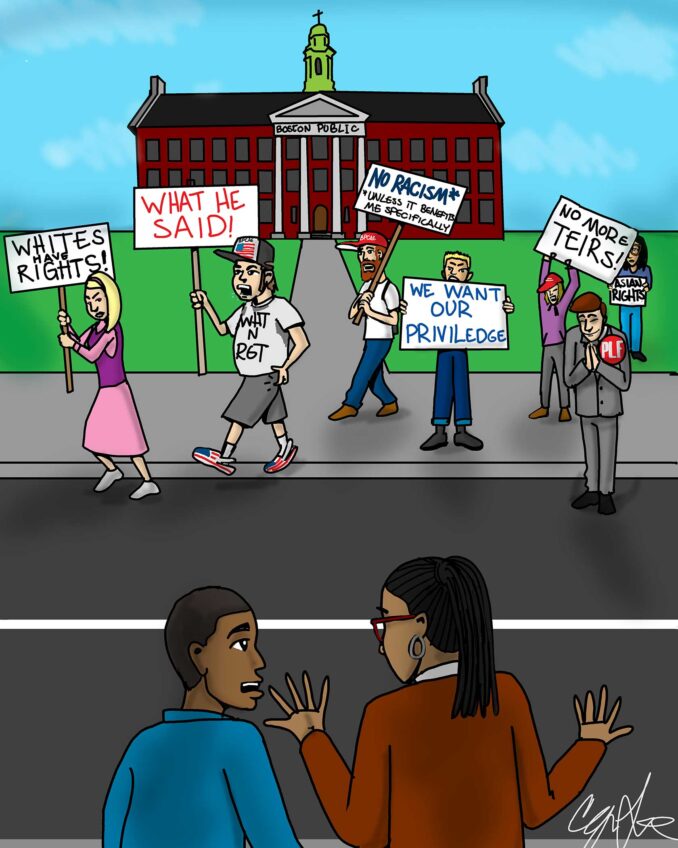
“No one is above the law” is one of the most inalienable principles of American democracy. In addition to being subject to the criminal law, those who hold high government or professional positions will also be subject to their professional requirements and standards.
Consequently, the U.S. House of Representatives has voted to impeach President Donald J. Trump for “high crimes and misdemeanors” as permitted by the U.S. Constitution, for “willfully inciting violence against the government of the United States.”
Just before a joint session of Congress to count the votes of the Electoral College, on Jan. 6, Trump spoke to his followers nearby and repeated false claims that “we won the election, and we won it by a landslide.”
Trump “willfully made statements that encouraged — and foreseeably resulted in — imminent lawless action at the Capitol.” All 222 Democratic members of the House of Representatives and 10 Republican members therefore voted to impeach Trump.
The Articles of Impeachment will now go to the Senate where the matter will be tried. If two-thirds of those Senators who participate in the trial decide against Trump, he will then be disqualified “to hold and enjoy any office of honor, trust, or profit under the United States,” if so voted by a majority of the Senators.
There was insufficient time for the impeachment to be tried before Joseph Biden’s swearing-in as president on Jan. 20. With Biden as president, one concern will then have been resolved. American citizens will not have to worry about potential damage that can be caused by the erratic powers of Trump as a president.
It is indeed bizarre for Trump’s enablers to object to impeachment on the grounds that any penalty for Trump disrupts the possibility of achieving national unity under Biden. Trump’s supporters did nothing to end racism or mitigate political conflicts. Now there is a massive national hunt for the people who invaded the Capitol and menaced the Congress upon Trump’s incitement.
When arrested, they may be subject to sedition and murder charges. How can the prosecution proceed without consideration of the involvement of Trump’s illegal conduct which violated national unity?
Trump can still be tried and convicted by impeachment although he is no longer in office. If all the senators are present for the trial, 17 Republicans along with the Democrats will be necessary for a conviction. However, a number of Republican senators might decide not to participate in the trial. A vote to convict from the two-thirds of the senators then present is still needed for Trump to be found guilty.
It appears that Trump’s attempted coup has collapsed. A majority of the members of Congress, including Mitch McConnell, the Republican Senate leader, approved the election reports from the Electoral College, and 10 Republicans, including Liz Cheney, the third-highest-ranking Republican, voted with the Democrats to impeach Trump. Also, Mitch McConnell has essentially freed Republican Senators to cast a “vote of conscience” in the impeachment trial.
Corporations that contribute to politicians have already claimed to close their checkbooks to competitors for Congress who voted against the Electoral College reports. It might be difficult for contributors to then support those who endorse a violent and murderous attack on the Capitol by voting against Trump’s conviction.
Upon conviction, Trump will be disqualified by a majority of senators participating from holding federal office. He will also be ineligible for the benefits available to a former president such as an annual stipend and funds for a staff and offices.
Once Congress has finished with impeachment issues, the attorney general and various state prosecutors will undoubtedly launch lawsuits under federal and state laws. Trump will spend much of his later years coping with the law that he asserted did not apply to him.






